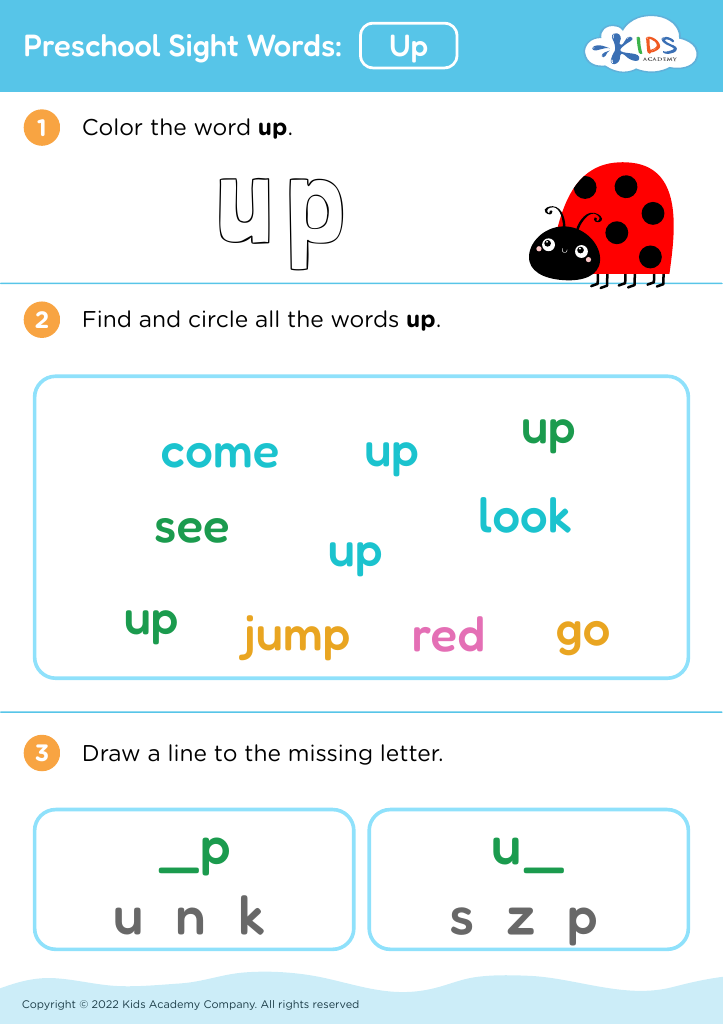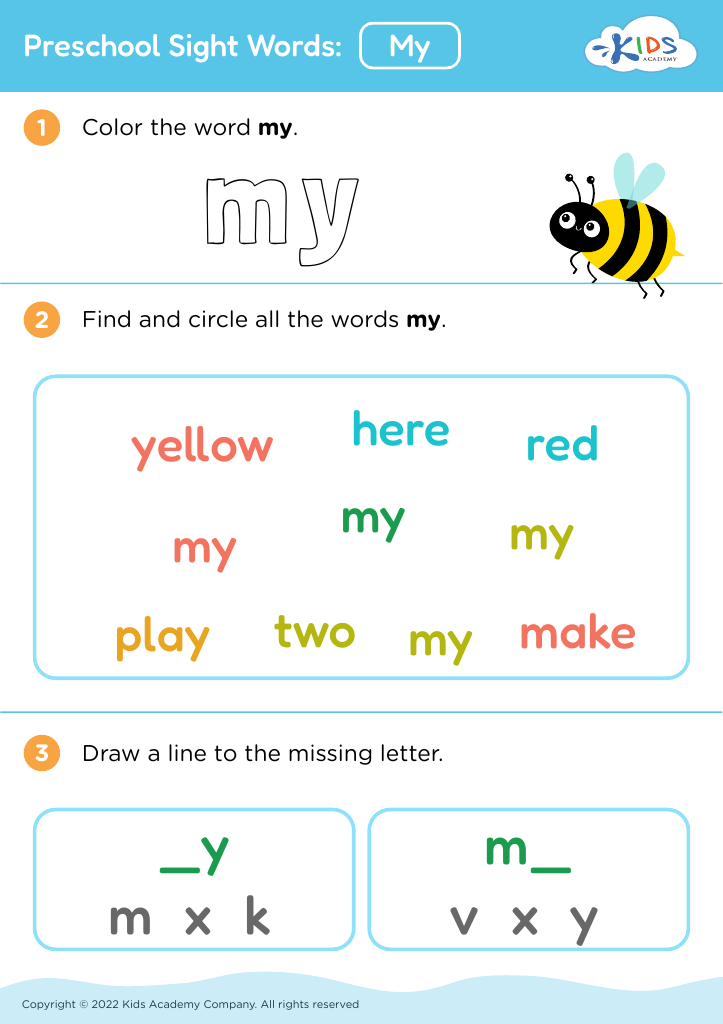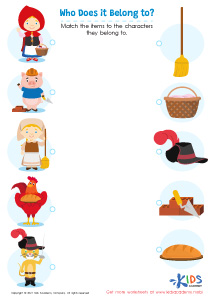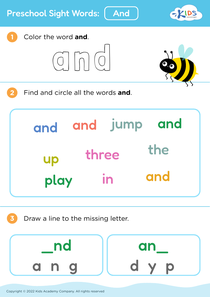Fraction comparison Preschool Reading Worksheets
3 filtered results
-
From - To
Discover our engaging Fraction Comparison Preschool Reading Worksheets designed to introduce young learners to the concept of fractions in a fun and interactive way! These worksheets feature vibrant illustrations and simple activities aimed at helping preschoolers identify, compare, and understand basic fractions. By incorporating colorful visuals and playful exercises, children will enhance their reading skills while developing a foundational understanding of fractions. Perfect for home or classroom use, these worksheets offer a creative approach to early math learning, fostering curiosity and confidence in little learners. Start your child’s journey into the world of fractions with our easily accessible and educational resources today!
Parents and teachers should prioritize integration of fraction comparison concepts in preschool reading because it lays the groundwork for critical mathematical skills and cognitive development. Understanding fractions is an essential building block for future mathematical learning, where kids learn about parts of a whole. Introducing these concepts through engaging stories or educational materials promotes early numeracy and problem-solving abilities.
Reading provides a unique context to teach fraction comparison, making abstract notions more concrete. For example, stories that incorporate pizza slices, fruit divisions, or sharing scenarios give children relatable experiences. When children engage with text that involves comparisons like "half" or "two-thirds," they learn to visualize and comprehend quantities, building a strong mathematical language foundation.
Moreover, fraction comparison fosters logical reasoning and analytical thinking. As children learn to discern differences, they develop skills that are transferable to other areas of life, such as decision-making and critical evaluation. When parents and teachers encourage discussions about comparisons in familiar contexts, it ignites curiosity and an appreciation for mathematics. Thus, fostering early exposure to fractions within preschool reading not only enriches literacy and numeracy but also cultivates a well-rounded, enthusiastic approach to learning.


















